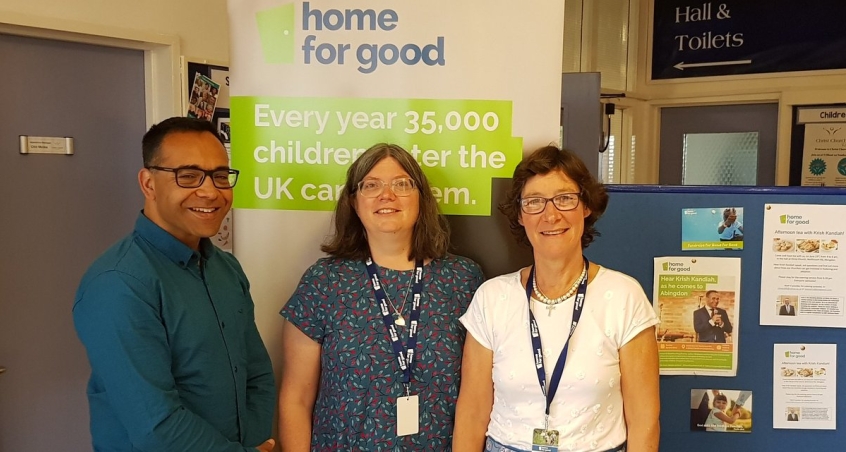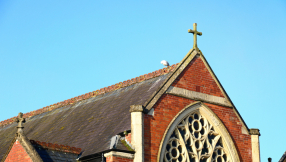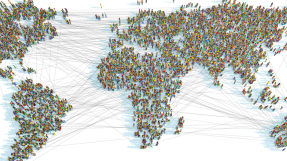
Couples considering adoption would still prefer to give a home to a child from the same ethnic background, a study by a Christian charity has found.
According to the survey by Home for Good, over half (52%) of UK adults who are open to adopting or fostering (17%) said they would prefer to adopt a child with the same ethnicity as themselves.
Black adults were far more likely (63%) than white adults (50%) to want an ethnic match with their adoptive child.
Two thirds of all adults open to adopting or fostering a child from a different ethnic background said they would need support to learn more about the child's cultural heritage.
Overall, the survey, conducted for the charity by Savanta ComRes, found that a third of UK adults (34%) are open to adoption or fostering.
Among the UK adults interested specifically in adoption, 18- to 24-year-olds were most likely to want to adopt in the future (40%).
The survey involved 10,631 UK adults and was carried out between 9 October and 1 November.
According to Home for Good, there are over 2,400 children across England waiting for an adoptive family, nearly half of whom (48%) have been in the care system for over 18 months.
Figures from the Race Disparity Unit reveal that between 2015 and 2019, the number of black children in the system who were adopted fell by half.
Black adults were also three times more likely than white adults to be already involved with adoption (7% compared to 7% of BAME adults and 2% of white adults).
Nearly a third of black adults (30%) said they would consider adopting a child in the future, compared to a quarter of other minority ethnic adults (26%) and 16% of white adults.
Survey respondents who expressed reluctance towards adopting a child from a different ethnicity raised concerns about not being able to raise them with a knowledge and appreciation of their cultural heritage.
Some prospective adopters were anxious about the child being bullied or treated differently for not being of the same ethnicity as themselves.
Others expressed the belief that they would feel more 'connected' with a child from the same ethnic background, or that acceptance among family and friends would be an issue.
Dr Krish Kandiah, founding director of Home for Good, said there needed to be a shift in focus to recruiting adopters from black communities.
"As the system currently stands, the number of children waiting for adoption outweighs the number of adoptive families available to welcome them into their homes and lives," he said.
"This means that adopters currently have greater choice over the children they adopt – and this research today suggests that, in the majority of cases, they will choose a child of a similar ethnicity.
"It is vital that we continue to understand the barriers that black individuals face in approaching adoption and take steps to enable black adopters to feel confident in stepping forward to adopt. Only then can we ensure that black children are not left waiting too long.
"However, it is also encouraging to see that many people would be open to adopting a child of a different ethnicity if they were given appropriate support and cultural upskilling.
"The Government must consider how it can work with Regional Adoption Agencies and the voluntary sector to equip prospective adopters with tools and knowledge to enable them to feel confident in meeting the needs of a child of a different ethnicity."













